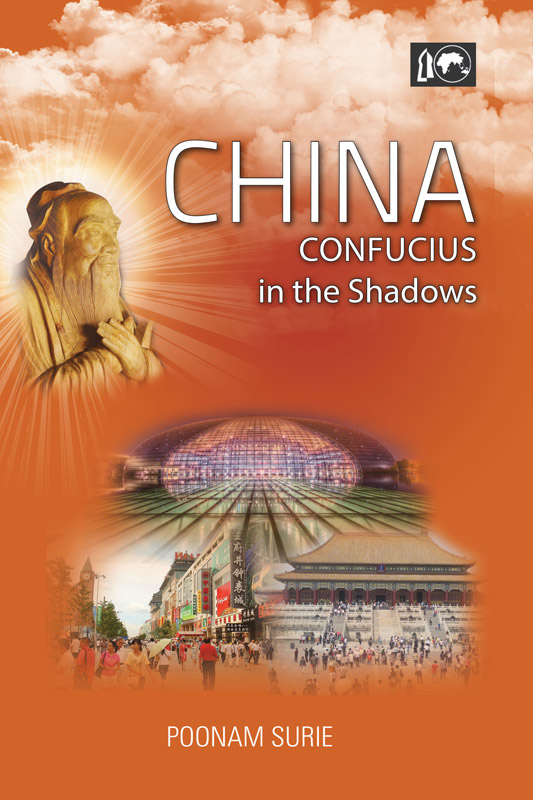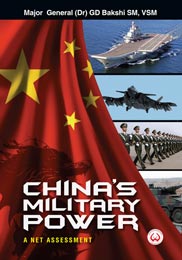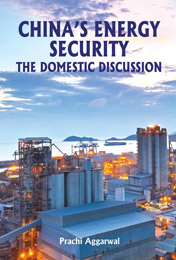Subjects
China: Confucius in The Shadows
Poonam Surie
Earlier this decade a statue of Confucius appears suddenly in Tiananmen Square in Beijing. It is facing Chairman Mao’s statue in front of the Forbidden City. Mysteriously, it disappears a few days later. Why was it removed overnight? Where is it now??
No clear answers seem to have emerged.
Most communist regimes have tried to make a break with the traditions of the past believing them to be the cause of all ills in society. But has the historical experience of Communist regimes shown that to be true? Today, Buddhist, Daoist and Confucian temples across cities and villages in China are crowded with people offering prayers. People swarm to pay their respects to their traditional sages. Like the warp and weft of a fabric, China has the mark of traditions and ancient ethos present in its society and this has come handed down over the centuries and across generations.
Confucianism has been among the most well absorbed, best known and documented value systems in China. It was and still is a living tradition, a way of life and a philosophy. Propounded by Confucius (551-479 BC), this value system has had a lasting and deep seated influence on the Chinese. A philosopher and a thinker of the Spring and Autumn period, Confucius has been considered a wise and fair teacher and a shrewd strategist in war.
In spite of the fact that Confucian values have been present beneath the surface in China along with Buddhist and Daoist beliefs for generations, it is interesting to study why Confucius is being talked about so much of late. Over the years in Communist China, Confucian thought had been swept under the carpet but resurrected in part depending on whether it suited the then current leadership. While Mao rejected Confucius’s ideas, he did not hesitate to use them whenever it suited him.
A study of Confucius and his value systems at this moment in time makes sense and is important for a number of reasons. In the evolving socio political milieu of China, interpreting Confucian philosophy as being non confrontationist, benevolent and with values such as filial piety and harmony could help the current political regime deal with such problems as corruption and rising inequalities.
Not only is Confucius being used to present to the world a completely Chinese cultural icon but it may also provide the Party with a useful tool to temper the simmering discontent in its society.
In the quest for the answers relating to the psyche of the Chinese people there will always be questions. Many will be answered, many answers may change even as we attempt to write about them. However, it can be said that inspite of Marxist and Communist ideologies, regimes and political change, tradition and Confucian values in China have never been far from the surface and often above it. Through the history of China, this has held true, inspite of Communism, inspite of Mao and inspite of the current regime.
In the keynote speech made at the opening ceremony of the commemoration of the 2565th birthday of Confucius at the Great hall of the People in Beijing in September 2014, President and General Secretary Xi Jinping said that Confucianism, founded by Confucius, has profoundly influenced Chinese civilisation and has been an important part of traditional Chinese culture. “Confucianism, along with other philosophies and cultures taking shape and growing within China are records of spiritual experiences, rational thinking and cultural achievements of the nation to build its home…These cultures have nourished the flourishing Chinese nation.” Xi said. He added that traditional culture may provide enlightenment for people to understand and improve the world, as well as for governance.
Indian Council of World Affairs (ICWA)
Indian Council of World Affairs (ICWA) is a prestigious, pro-active, autonomous Think Tank specializing in foreign policy issues and external affairs. It was established in 1943 by a group of eminent intellectuals, under the inspiration of Jawaharlal Nehru, who served as the first Prime Minister of India. The Council conducts policy research through its in-house faculty as well as external experts. It regularly organizes an array of intellectual activities including conferences, seminars, roundtable discussions, lectures and publications. It maintains a landmark and a well established library, website, and a journal named ‘India Quarterly’. It is engaged in raising public awareness about India’s role in international affairs and offers to the Government and people policy models and strategies, and serves as a platform for Track-II dialogues and interactions with other foreign Think Tanks.


 Political Science
Political Science


